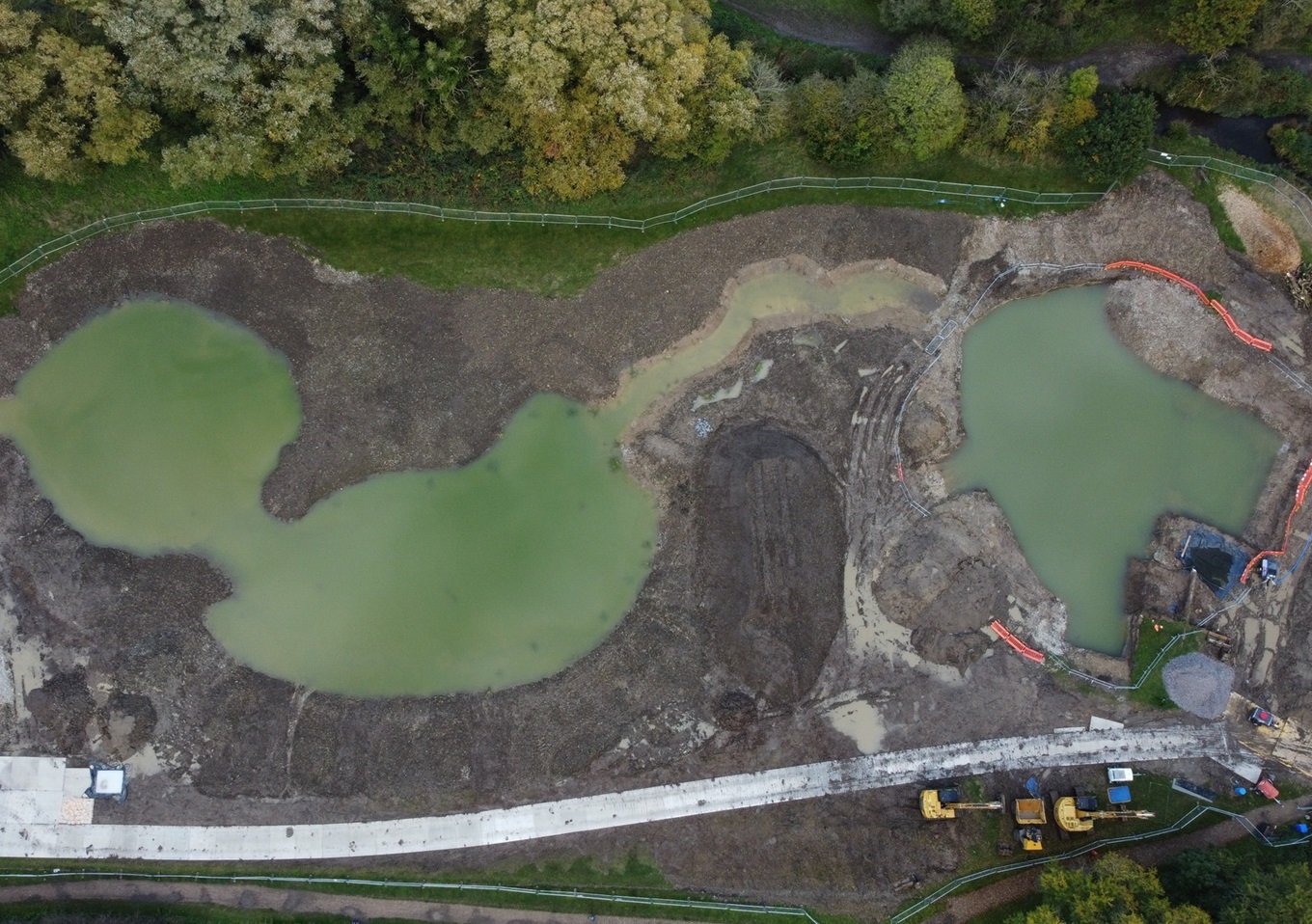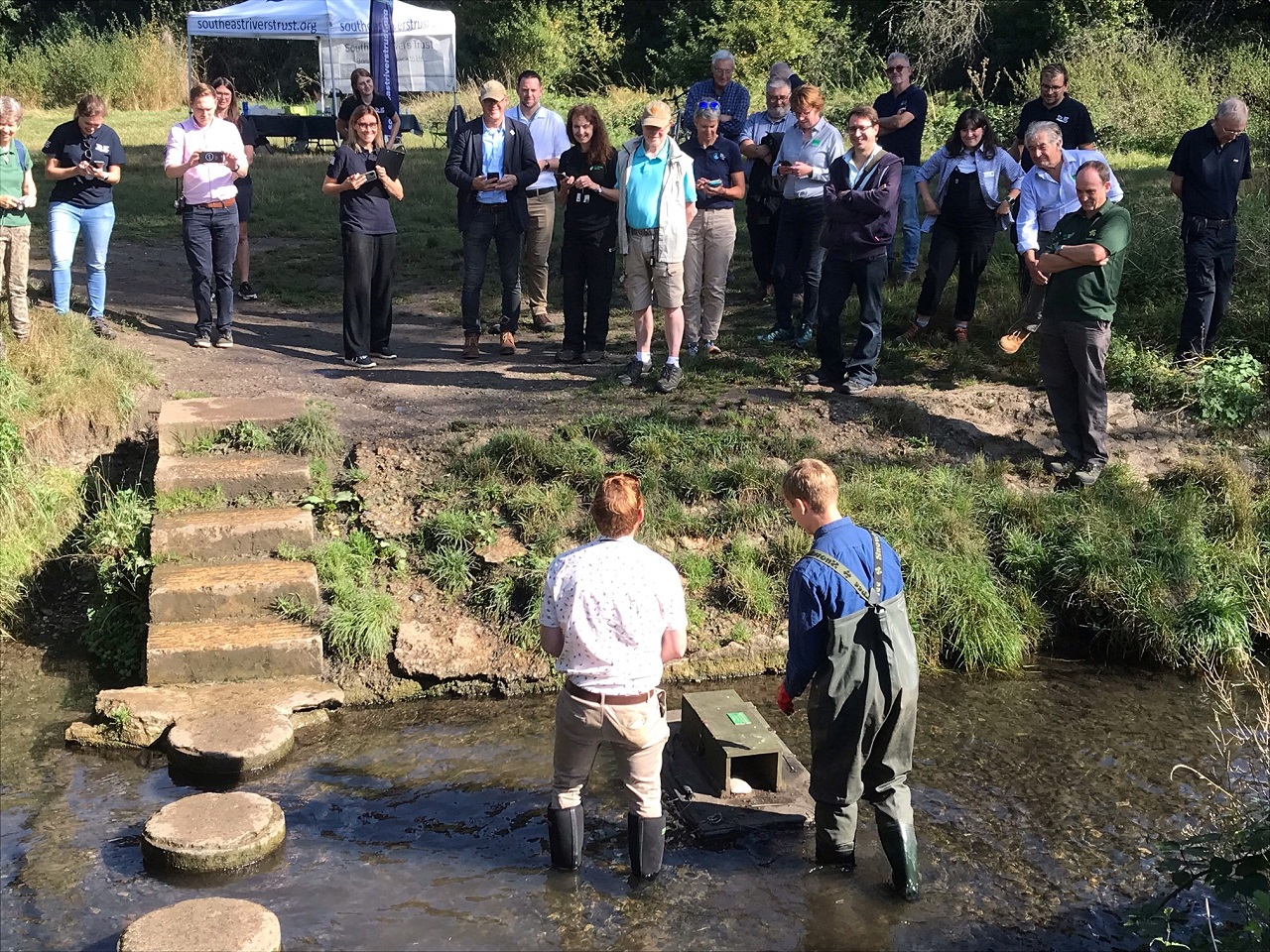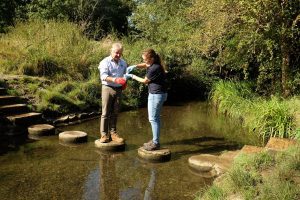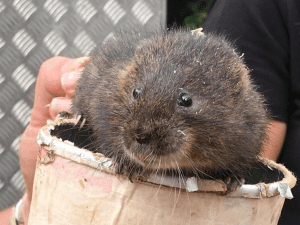The South East Rivers Trust (SERT) is inviting local residents to come and celebrate the newly-created Chamber Mead wetlands with a day of family fun, activities and guided tours.
The celebration day on Saturday 20th April will give nature lovers the chance to add plants to this critical pollution buster for the River Hogsmill, a precious chalk stream.
Families will also have the chance to learn about the health of the river by taking part in riverfly demonstrations, a scavenger hunt and nature craft activities. Guided tours of the wetlands will also be part of the day, which runs from 11am to 3pm.
The open day begins a fortnight of planting opportunities for schools and community groups. All the plants have been specially selected to absorb pollutants and attract pollinators and an increased range of wildlife across the Hogsmill Local Nature Reserve.
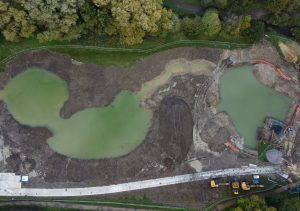
The wetlands in Ewell now divert urban pollutants from the Green Lanes Stream away from the Hogsmill, one of only 200 chalk streams in the world. Once filtered water is fed back into the river just downstream of the famous Stepping Stones, another 5km of waterway is protected as it flows into south London all the way to the Thames.
Dr Bella Davies, Co-CEO of SERT, said: “We’re thrilled to be giving the community the chance to learn all about Chamber Mead wetlands and crucially give people the chance to complete the project. The public have been very supportive of the wetlands from the start and adding plants is a wonderful opportunity to attract new wildlife not only to the water but the wider nature reserve. This will fulfill the potential of the wetlands to become another jewel in the crown of the reserve and make it an even bigger asset for the community. We’re excited to see the results in years to come on the Hogsmill, which should be a haven for brown trout, water voles and native crayfish, among other species which need our help in recovering their numbers.”
Councillor John Beckett, Chair of the Environment Committee at Epsom & Ewell Borough Council, said: “We are overjoyed to be able to join SERT on the Chamber Mead Wetlands Open Day, to celebrate the fantastic work that has been done here to boost biodiversity and reduce pollution in the Hogsmill River. I hope that residents will join us to help complete the project, which will ensure the Hogsmill River Local Nature Reserve is a place where wildlife and nature can thrive, and one that we can enjoy for many years to come.”
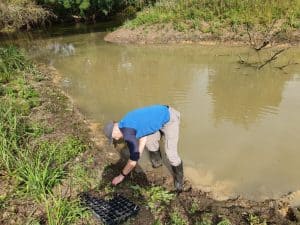
Supported by the Hogsmill Catchment Partnership, the project has received funding from The Coca-Cola Foundation, Natural England (through the Species Recovery Programme), the Environment Agency, Surrey County Council, the Rivers Trust, the Zoological Society of London, Garfield Weston Foundation and Thames Water, with in-kind support from the landowner Epsom & Ewell Borough Council. The new wetlands are part of the wider Replenish programme in partnership with the Coca-Cola Foundation and the Rivers Trust. The aim of Replenish is to restore millions of litres of water in this and other local catchments, in turn improving biodiversity.
The public can meet the South East Rivers Trust and other partners for the activities at Green Lanes, Ewell, Surrey KT19 9SZ.
- Speeches to officially open the wetlands will take place from 11.30am to noon. These will be by Jackie King, Chief Executive of Epsom & Ewell Borough Council, Dr Bella Davies, Co-CEO of the South East Rivers Trust, and The Worshipful Mayor of Epsom & Ewell, Councillor Rob Geleit, who will also cut the ribbon to officially open the wetlands.
- Events in which the public can join in will run from 12.30pm to 3pm. There is no need to sign up but details can be found on our dedicated events page.
- A few places are left on a planting day open to volunteers – on 24th April. Booking required.

